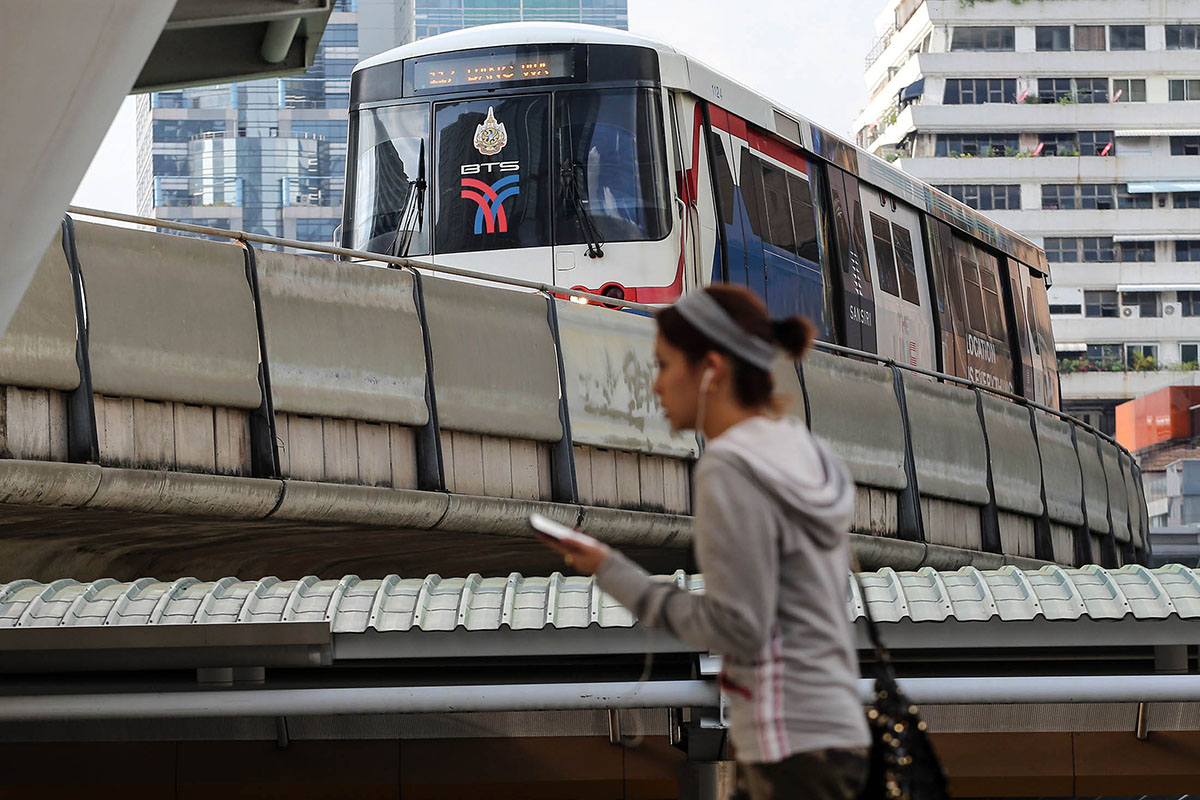Thailand’s military government is looking to start construction of projects under a 1.5 trillion baht (45 billion dollars) investment plan before the country’s possible return to democracy late next year.
Enabling laws for the so-called Eastern Economic Corridor initiative should be in place by the end of 2017 to bolster investor confidence, and construction of some of the planned infrastructure could begin next year, Kanit Sangsubhan, the secretary-general of the office overseeing the plan, said in an interview.
"We’re in a rush," Kanit said in Bangkok. "We want to make sure everything is ready by the time the new government comes in."
The generals who seized power in 2014 view the eastern seaboard project as vital for wooing advanced industries and are adding railway, airport and port capacity, with plans for tax breaks to lure private-sector investment. One potential obstacle is the political risk that the next elected government could try to jettison the junta’s programmes – something that would be harder to do if legislation is in place and projects are underway.
The Eastern Economic Corridor is part of the two-decade national strategy being crafted by Prime Minister Prayuth Chan-Ocha to bolster Southeast Asia’s second-largest economy, according to Kanit.
The strategy will provide a master plan for future governments to follow, Prayuth said in July. Werachon Sukondhapatipak, a government spokesman, said in March the strategy is part of the constitution and legally binding on future administrations.
While elections are possible by the end of next year based on the government’s road-map, an exact date has yet to be announced.
The plan for the corridor calls for a six billion dollars upgrade of U-Tapao International Airport, 6.7 billion dollars investment in railways, 12 billion dollars for new cities and hospitals, and 15 billion dollars for industry. The government expects about 80 percent of overall investment to come from the private sector.
If bidding for some projects is completed by mid-2018, construction can start later in the same year, Kanit said.
The government is seeking to develop sophisticated industries such as robotics, aviation maintenance and digital technology in the corridor’s three eastern provinces of Rayong, Chachoengsao and Chonburi.
The administration has courted companies such as Airbus SE, Lockheed Martin’s Sikorsky Aircraft and Alibaba Group Holding to assess the corridor’s potential. Earlier this month, it hosted hundreds of Japanese companies in Thailand to market investment opportunities.
Shares in Thai industrial estate developers Amata and WHA have rallied this year on speculation they could be beneficiaries of the push to develop the eastern seaboard.
One major challenge for bringing advanced industry to the corridor is a workforce skills deficit. Kanit said Thailand will import skilled labour initially, while the nation tries to improve education standards. – Bloomberg
